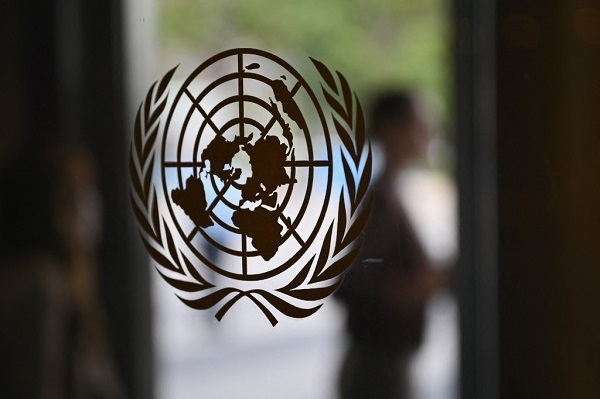UNGA's Role in Confronting Quran Desecration

To address the issue of Quran desecration and promote religious tolerance, the UN General Assembly has the potential to play a pivotal role.
This UN General Assembly (UNGA) is the 78th session of the main deliberative, policymaking and representative organ of the United Nations. It opened on Tuesday, 5 September 2023, and the first day of the high-level General Debate will be Tuesday, 19 September 2023. The theme of the session is “Rebuilding trust and reigniting global solidarity: Accelerating action on the 2030 Agenda and its Sustainable Development Goals towards peace, prosperity, progress and the sustainability for all.”
The UNGA will discuss and vote on various issues of global concern, such as climate change, human rights, peace and security, and development, according to the UN website. The UNGA will be attended by heads of state and government, ministers, diplomats, civil society representatives, and other stakeholders from 193 member states of the UN.
The UNGA is an opportunity for the international community to address the common challenges and opportunities facing the world, and to strengthen the role and relevance of the UN in global affairs. Meanwhile, by utilizing its platform, the General Assembly can raise awareness and take action to combat a concerning trend of anti-Muslim hatred and Quran desecration that has unfolded in some Nordic states in the past few months.
Sweden, Denmark, Netherlands, and Norway have seen multiple events in which extremist elements desecrated the Holy Quran while being protected by the countries’ police forces under the guise of freedom of expression.
The attacks have been strongly slammed by Muslims from across the world as Islamic countries and organizations have urged the Scandinavian countries to prevent similar events.
Now, the UN General Assembly seems to be a good opportunity to step up efforts to confront such acts and raise awareness about anti-Islam sentiments in the West.
Resolutions: A Message of Unacceptability
One way the UN General Assembly can make a resounding impact is by passing a resolution condemning Quran desecration and anti-Islam sentiments. This would serve as a powerful statement from the international community, unequivocally stating that such acts are unacceptable and will not be tolerated.
By publicly denouncing these actions, the General Assembly can send a clear message that the world stands united against religious intolerance.
Earlier in July, the UN Human Rights Council passed a resolution, introduced by the Organisation of Islamic Cooperation (OIC), which calls for the UN rights chief to publish a report on religious hatred and for states to review their laws and plug gaps that can "impede the prevention and prosecution of acts and advocacy of religious hatred." The resolution was passed despite opposition from the United States, the United Kingdom, France, and Germany.
Public Awareness Campaign
To address the root causes of intolerance, the UN General Assembly could launch a comprehensive public awareness campaign. This campaign would aim to educate individuals about the dangers of intolerance and discrimination, particularly about religious beliefs.
By raising awareness of the importance of religious tolerance and highlighting the negative impact of discrimination, this initiative can encourage a shift in societal attitudes.
Meanwhile, representatives of Muslim nations are expected to take every opportunity in their meetings or press interviews to raise the issue and talk about its effects on Muslim communities.
The OIC announced earlier this week that its representatives will follow up on the issue in their talks in New York and few heads of Muslim states, including Turkish President Recep Tayyip Erdogan, have already voiced their concerns about the issue.
It is essential to acknowledge that the UN General Assembly does not possess the power to enforce its resolutions or compel member states to take specific actions. However, these resolutions carry significant moral weight. They have the potential to mobilize public opinion, generate international solidarity, and exert pressure on member states to take decisive action.
In a world where diversity should be celebrated and respected, the UN General Assembly can champion the cause of religious tolerance. By leveraging its influence and fostering international cooperation, the General Assembly can take a stand against Quran desecration and anti-Islam sentiments.
By Mohammad Ali Haqshenas



